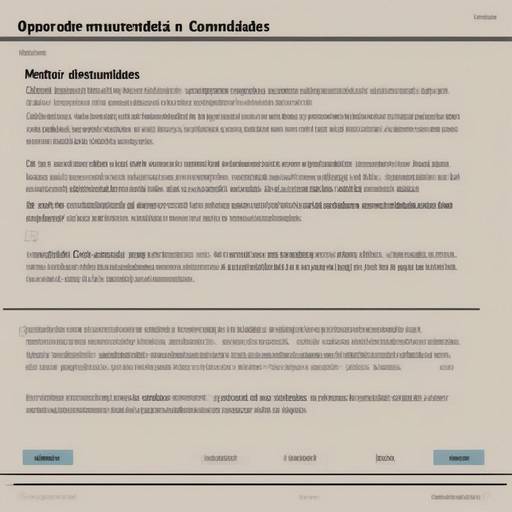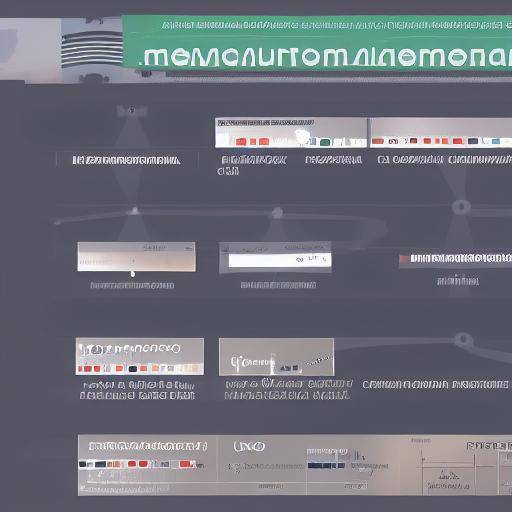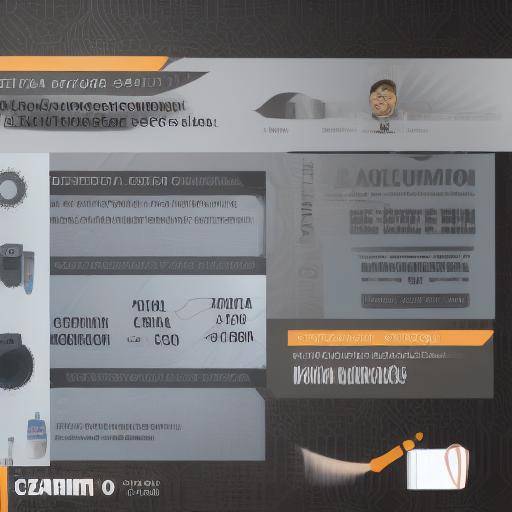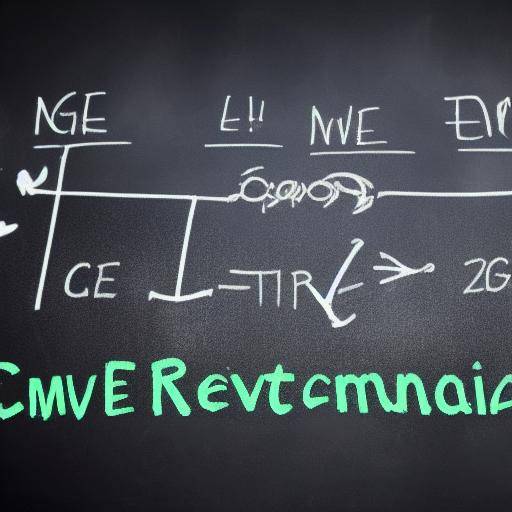
Since the beginning of the digital revolution, the labour market has undergone significant change. New skills have emerged, and the demand for professionalism and expertise has increased considerably. In this scenario, continuing education has become an invaluable tool for those who seek to improve their professional skills and remain relevant in a constantly evolving working environment. This article explores in detail the importance of continuing education in the development of professional skills and how it can contribute to the personal and professional growth of individuals.
Benefits of continuing education
Continuous education plays a vital role in strengthening and updating professional skills. By providing access to constantly evolving knowledge and experiences, professionals can adapt to changes in the labour market and keep up with the latest trends and technologies. It also fosters personal growth by boosting confidence, creativity and problem-solving capacity.
Sustainable professional development
Continuous education offers opportunities for the sustainable development of professional skills. Through specialized training programmes, individuals can acquire specific knowledge that distinguishes them in their field of work, which in turn improves their job prospects and professional progression.
Flexibility and accessibility
Continuous education is tailored to the needs of the busy professionals, offering flexible study modalities, such as online courses, web seminars and part-time programs. This accessibility allows individuals to acquire new skills and knowledge without compromising their job responsibilities.
Challenges and overcoming
While continuing education has many benefits, it also involves certain challenges. Time management and financial investment are important considerations for those seeking to participate in professional development programmes. However, these challenges can be overcome through careful planning and using available resources and scholarships.
Current trends and future prospects
In the current context, continuing education has experienced a significant increase in popularity, and this trend is expected to continue in the future. Online learning and the adoption of innovative technologies for vocational training are constantly growing areas that offer new opportunities for skills development. In addition, intersectoral collaboration and the customization of training programmes are expected to be key to the future of continuing education.
Practical advice to take advantage of continuing education
- Evaluate professional needs and define clear goals before selecting a continuous education program.
- Investigate and compare training programs to ensure that they are aligned with professional goals and individual interests.
- Establish a flexible curriculum that adapts to work and personal responsibilities.
- Take advantage of networking and collaboration opportunities provided by continuing education programmes to expand the network of professional contacts.
Conclusion
Continuous education is a key tool for the development and improvement of professional skills in the current working environment. By adapting to the needs of professionals and providing access to up-to-date knowledge, continuing education promotes personal growth and lays the foundation for a successful and rewarding career. By taking advantage of the opportunities offered by continuing education, individuals can consolidate their position in the labour market and contribute significantly to their professional and personal development.
FAQs
Why is continuous education important for the development of professional skills?
Continuous education is crucial to keep up with a constantly evolving labour market. It provides access to up-to-date knowledge and develops specific skills that are vital to professional success.
How can I finance my continuing education?
There are various funding options for continuing education, including scholarships, grants and financial aid programs. In addition, many companies offer professional development assistance to their employees.
What is the difference between professional skills and personal growth?
Professional skills refer to specific skills and knowledge related to a profession or field of work, while personal growth encompasses the integral development of an individual, including emotional, intellectual and social aspects.
What kind of continuing education programs are available?
Continuous education programs cover a wide range of areas, such as technology, business, health, languages and leadership skills. These programs can be eye-catching, online or combinations of both.
How long does it take to complete a continuing education program?
The duration of a continuing education programme varies according to the speciality and depth of the course. Some programs may last weeks, while others may be extended for several months or years, depending on the complexity and scope of the content.
What additional benefits do continuous education offer in addition to professional skills?
In addition to improving specific skills related to a profession, continuing education fosters personal growth, builds confidence, improves problem solving capacity and can even open new career opportunities.
To what extent can education continue to contribute to long-term professional growth?
Continuous education can contribute significantly to long-term professional growth by equating individuals with up-to-date and relevant skills that enable them to adapt to changes and advances in the labour market, as well as to assume more responsibility roles.
How can I rekindle the importance of continuing education to my employer?
Introducing a detailed plan with the specific benefits that continuing education will contribute to its work performance, as well as the achievement of specific goals of the company, can be an effective way of highlighting the importance and value of continuing education for its employer.






















































